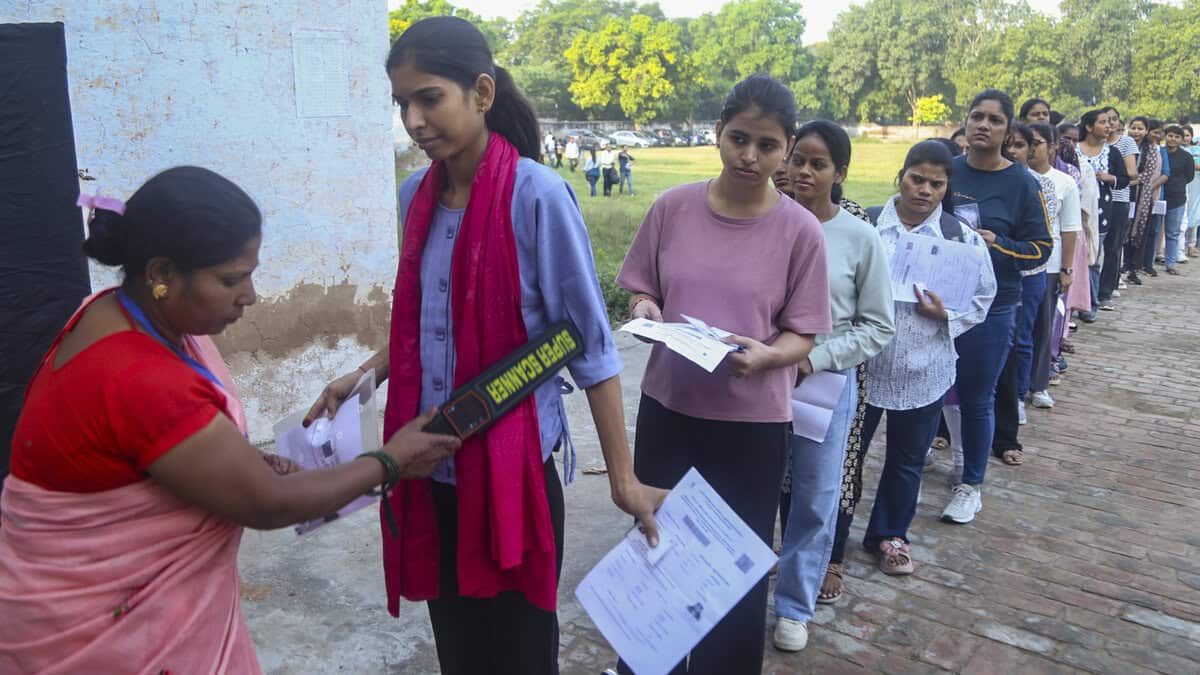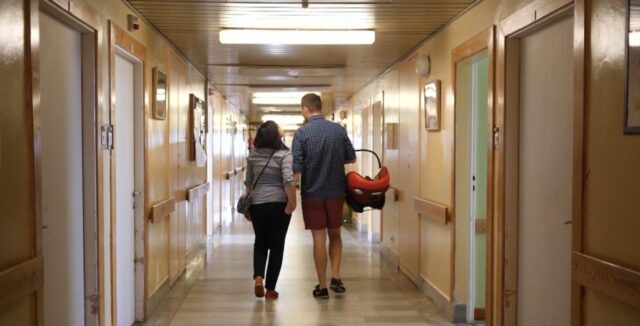Amna Nawaz:
The latest Republican spending measure is likely to undergo substantial changes in the coming days as it winds its way through the House. But, currently, it includes a plan to give $1,000 to every baby born between 2025 and the end of 2028.
It’s an idea that was first proposed by economic scholar Darrick Hamilton. Here is his Brief But Spectacular take on so-called baby bonds.
Darrick Hamilton, Director, The New School for Social Research: We have the ethos that if you just study hard, if you just work hard, if you just make great decisions, that one can accumulate wealth.
Now, certainly, studying hard, working hard, astute decision-making are beneficial, but they are limited if you don’t have capital in the first place.
Growing up in New York City in the 1980s, I could see the differences between the people I grew up with in Bedford-Stuyvesant versus those who I went to school with. I had the privilege of being able to go to an elite private school, Brooklyn Friends School. The individuals in both of the environments, the love, the care, they didn’t vary that much. But what did vary was economic circumstance and what that could afford people.
The typical Black family has less than a dime for every dollar in wealth as the typical white family. In fact, when Black households acquire more income or more education, if you compare them to their white counterparts, the gap does not reduce. It grows.
I am the founding director of the Institute on Race, Power, and Political Economy.
Can you summarize what you’re going to do in two pages?
I’m a scholar and I’m a teacher. I love engaging with people over ideas, but it’s not enough to scholarship. It’s not enough to have broad conceptions of how society works. We translate that into actionable policy.
The idea around baby bonds is simply to ensure that every child has the benefits that’s often exclusively reserved for the wealthy. Baby bonds are accounts that are seeded at birth, reserved by government until the child becomes of age, a young adult, and then those accounts are allowed to be used in wealth-building ways, essentially babies that are born into poverty as measured by Medicaid use.
In July of 2023, the first baby to get a baby bonds in Connecticut happened. When they become 18 years old, that initial $3,200 will grow somewhere between $10,000 to $18,000, depending on how well the market does and how well those accounts are managed. And that child will be able to use that money to provide a down payment on a home, finance higher education, or start a business.
People are not free if they don’t have resource. If they don’t have economic rights, if they don’t have rights to capital. At the institute, we’re committed to building an economy grounded in human rights. We’re investing in guaranteed income. We’re investing in reparations. And guess what? It turns out it benefits us all.
My name is Darrick Hamilton. This is my Brief But Spectacular take on building a birthright to capital.
















































